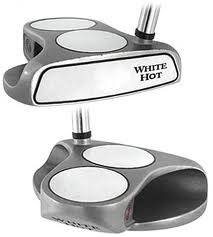IGNORED
Getting the most out of your golf lessons
Note: This thread is 5563 days old. We appreciate that you found this thread instead of starting a new one, but if you plan to post here please make sure it's still relevant. If not, please start a new topic. Thank you!
-
Topics Being Discussed Right Now on The Sand Trap
-
"5 Minutes Daily" Practice Challenge 1 2 3 4 1022
By iacas, in Instruction and Playing Tips
- 5 minutes daily
- dedication
- (and 6 more)
- 18,384 replies
- 1,885,379 views
-
- 13 replies
- 728 views
-
- 3 replies
- 589 views
-
- 11,153 replies
- 1,009,887 views
-
- 552 replies
- 158,780 views
-






Recommended Posts
Create an account or sign in to comment
You need to be a member in order to leave a comment
Create an account
Sign up for a new account in our community. It's easy!
Register a new accountSign in
Already have an account? Sign in here.
Sign In Now